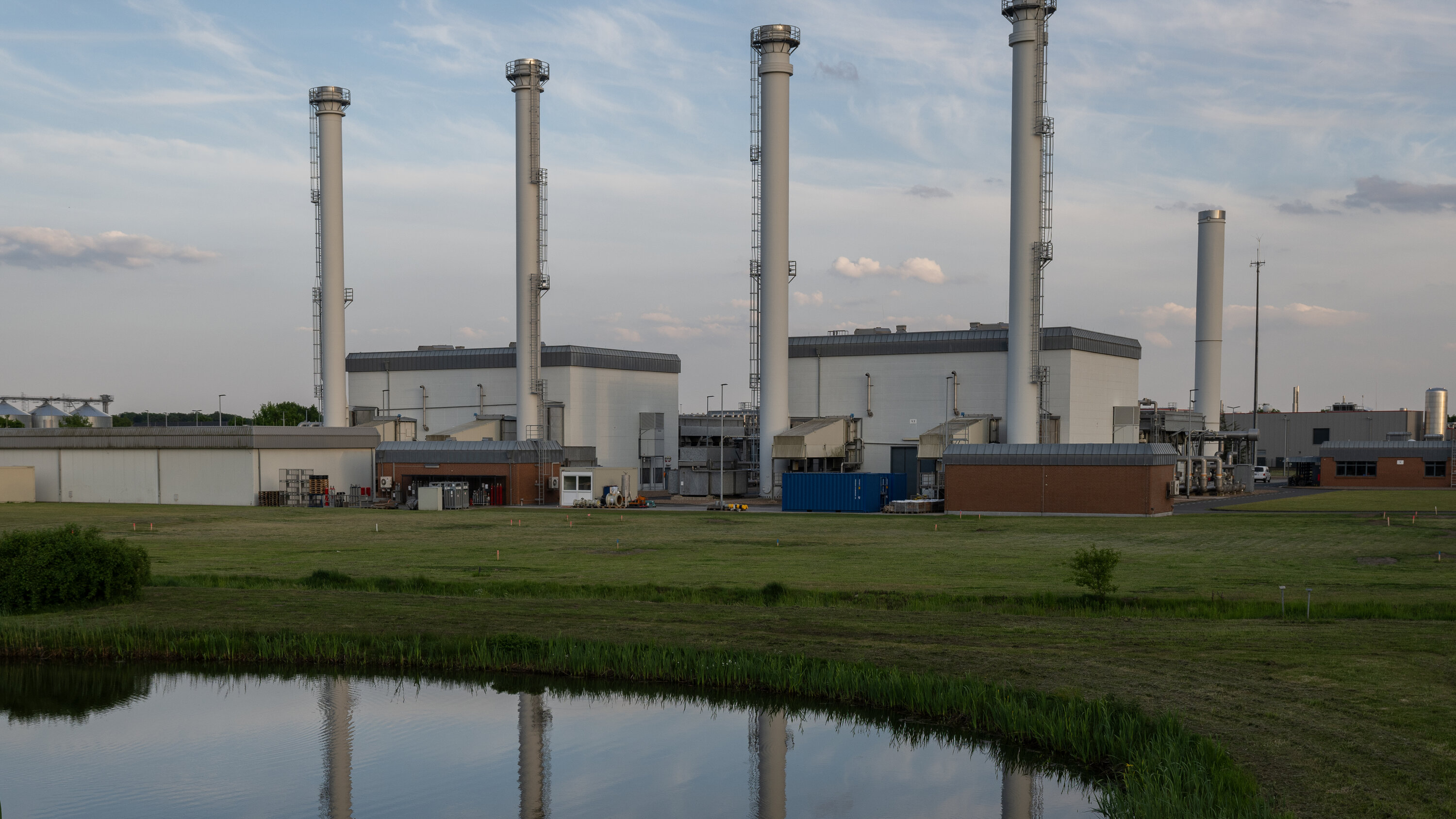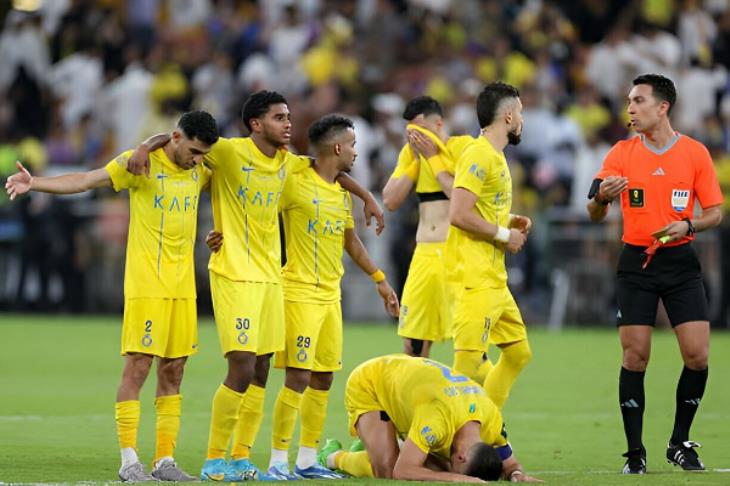German Official Rebuffs Pressure To Restart Russian Gas Imports

Table of Contents
Economic Sanctions and Geopolitical Concerns
Resuming gas imports from Russia would directly contravene the sanctions imposed following the invasion of Ukraine. This action carries significant geopolitical ramifications. The Nord Stream pipeline, once a vital artery for Russian gas into Germany, is now a symbol of a broken energy relationship. Allowing gas imports to resume would risk Russia further weaponizing its energy supplies, undermining the effectiveness of international sanctions and potentially emboldening further aggression.
- Violation of EU sanctions against Russia: Restarting imports would be a clear breach of the EU's unified sanctions regime, severely damaging its credibility and cohesion.
- Risk of further Russian aggression fueled by energy dependence: Reliance on Russian gas would leave Germany vulnerable to political pressure and potential supply disruptions.
- Damage to Germany's international reputation for supporting Ukraine: A reversal of sanctions would be interpreted as a betrayal of Ukraine and its allies.
- Potential for undermining the unity of the EU regarding sanctions: Such a move could fracture the EU's united front against Russia.
Germany's Energy Diversification Strategy
The German government is actively pursuing alternative energy sources to decrease its dependence on Russian gas. This involves significant investments in renewable energy, the construction of new LNG terminals, and the strengthening of energy partnerships with other nations. The German energy transition, Energiewende, is accelerating, albeit with challenges.
- Investments in renewable energy sources (solar, wind): Germany is heavily investing in expanding its renewable energy capacity to replace fossil fuel-based energy sources.
- Construction of new LNG terminals to secure alternative gas supplies: These terminals are crucial for diversifying gas sources and reducing reliance on Russia.
- Strengthening energy partnerships with other European countries and global suppliers: This includes collaborations on gas supply, infrastructure development, and energy security strategies.
- Promotion of energy efficiency measures within the German economy: Improving energy efficiency reduces overall energy demand, mitigating the impact of supply disruptions.
Public Opinion and Political Pressure
The debate surrounding Russian gas imports is highly sensitive. Public opinion is divided, with some advocating for the resumption of imports to ease the current energy crisis. However, the official stance remains firm. Significant political pressure is on the government to alleviate the energy crisis.
- Survey data showing public sentiment towards Russian gas imports: While some sections of the population favor cheaper gas, polls also show significant public support for maintaining sanctions.
- Statements from opposition parties and pressure groups advocating for a resumption of imports: These groups highlight the economic hardship caused by high energy prices.
- Government counter-arguments emphasizing long-term energy security: The government emphasizes the need for long-term strategic energy security and independence from Russia.
- Discussion of the potential political consequences of a policy shift: A policy shift could lead to significant political repercussions, both domestically and internationally.
The Long-Term Vision for German Energy Security
Germany's long-term energy strategy focuses on sustainable and independent energy sources. This means accelerating the Energiewende – a shift towards renewable energy sources like solar and wind power – reducing reliance on fossil fuels, and ensuring a secure and sustainable energy future for Germany. This long-term vision necessitates continued investment in renewable energy infrastructure, technological advancements, and robust energy partnerships. Energy independence is not merely an economic goal; it’s a crucial element of Germany's national security.
Conclusion
The decision to reject the resumption of German gas imports from Russia underscores the nation's strategic commitment to long-term energy security and independence. Maintaining sanctions against Russia, pursuing energy diversification, and prioritizing sustainable energy solutions are crucial for Germany's economic and geopolitical stability. The government's commitment to its chosen strategy is unwavering.
Call to Action: The debate surrounding German gas imports from Russia highlights the complex interplay of economics, geopolitics, and energy security. Stay informed about the evolving energy landscape in Germany and the ongoing efforts towards sustainable energy solutions. Follow our updates on the latest developments in German energy policy and the ongoing challenges in securing reliable and affordable energy for the future.

Featured Posts
-
 Reuben Owen Shares Family Update Life After Our Yorkshire Farm
Apr 30, 2025
Reuben Owen Shares Family Update Life After Our Yorkshire Farm
Apr 30, 2025 -
 I Klironomia Toy Lempron Tzeims 50 000 Pontoi Kai Pera
Apr 30, 2025
I Klironomia Toy Lempron Tzeims 50 000 Pontoi Kai Pera
Apr 30, 2025 -
 Hl Tshkl Arqam Jwanka Thdyda Hqyqya Lnady Alnsr
Apr 30, 2025
Hl Tshkl Arqam Jwanka Thdyda Hqyqya Lnady Alnsr
Apr 30, 2025 -
 Nevsehir De Kayma Kazasi Yueksekten Duesme Sonucu Meydana Gelen Olay
Apr 30, 2025
Nevsehir De Kayma Kazasi Yueksekten Duesme Sonucu Meydana Gelen Olay
Apr 30, 2025 -
 Edwards Stellar Game Minnesota Triumphs Over Brooklyn
Apr 30, 2025
Edwards Stellar Game Minnesota Triumphs Over Brooklyn
Apr 30, 2025
